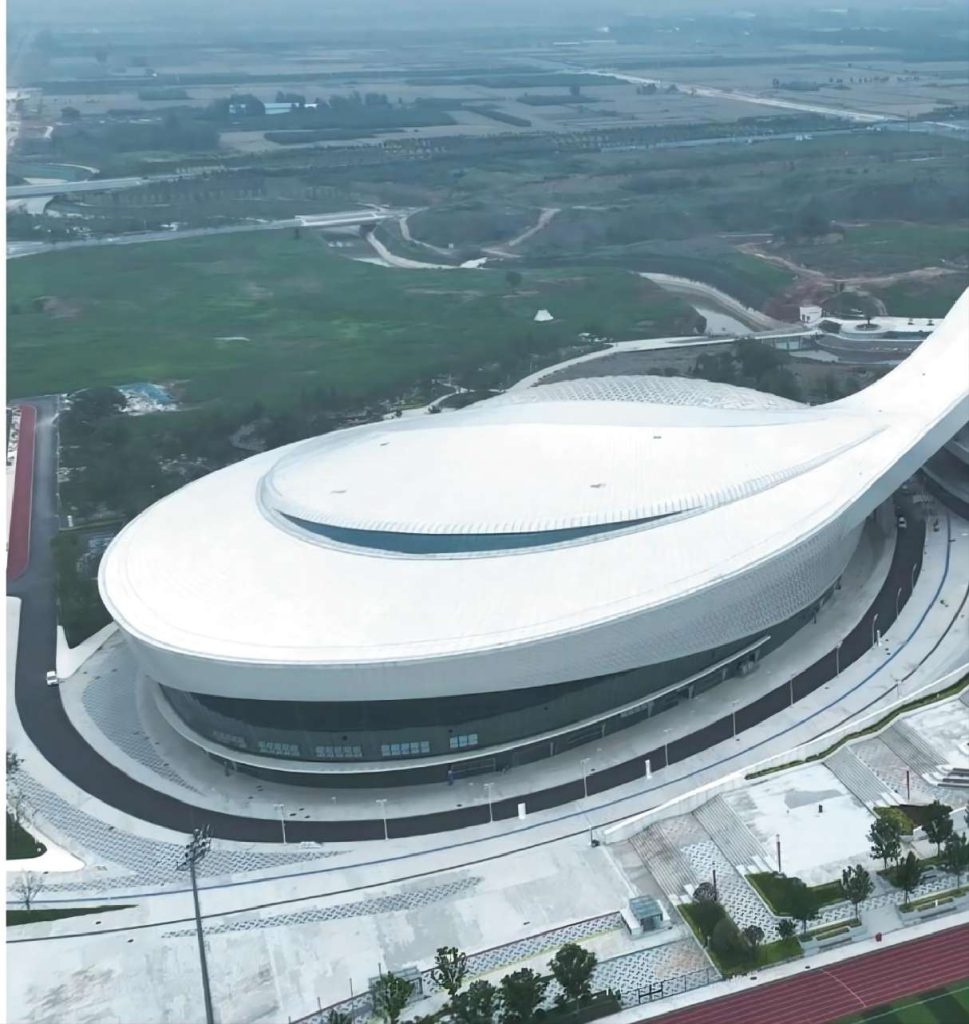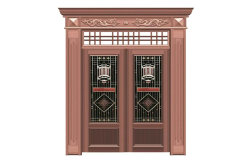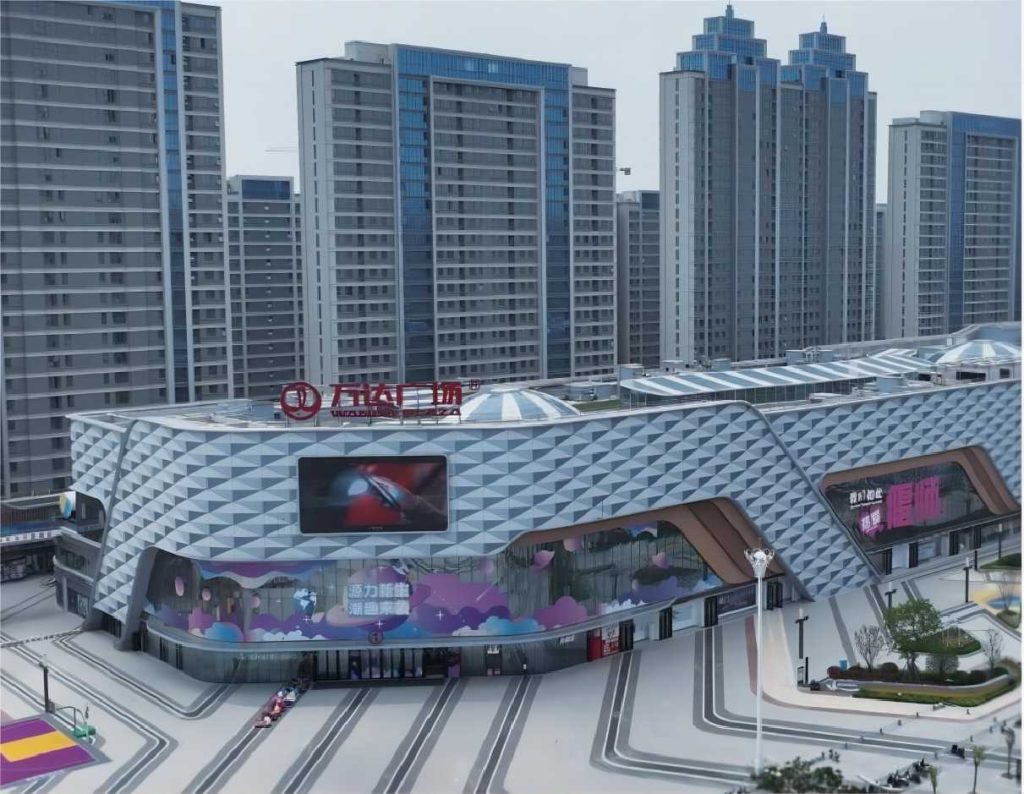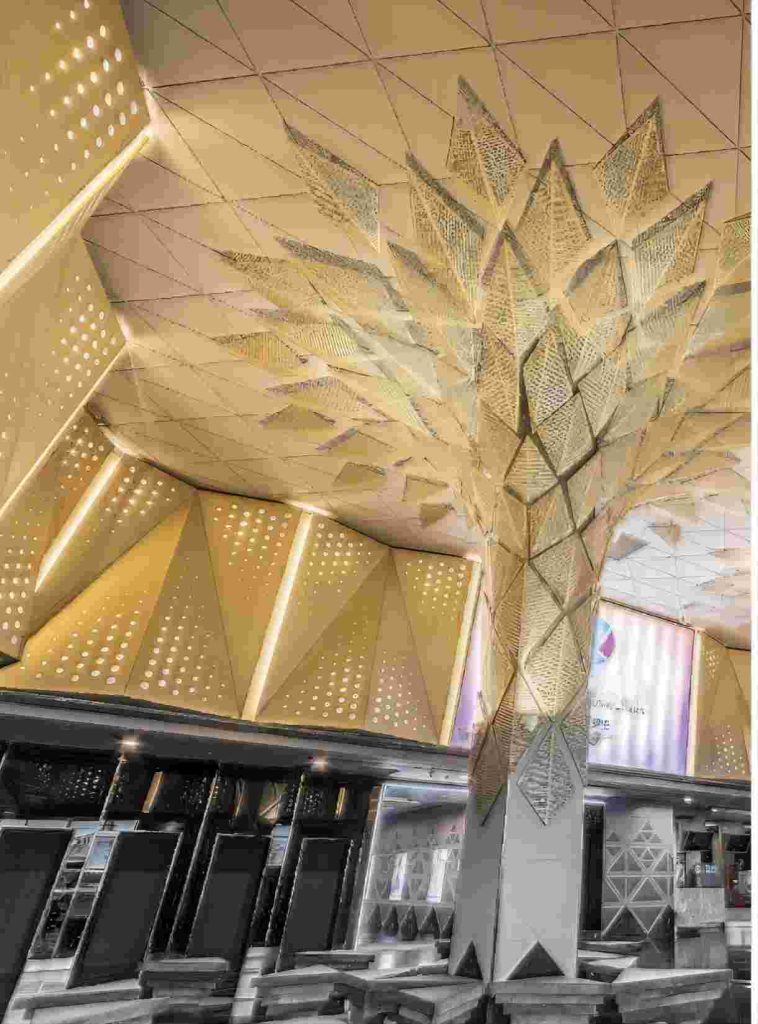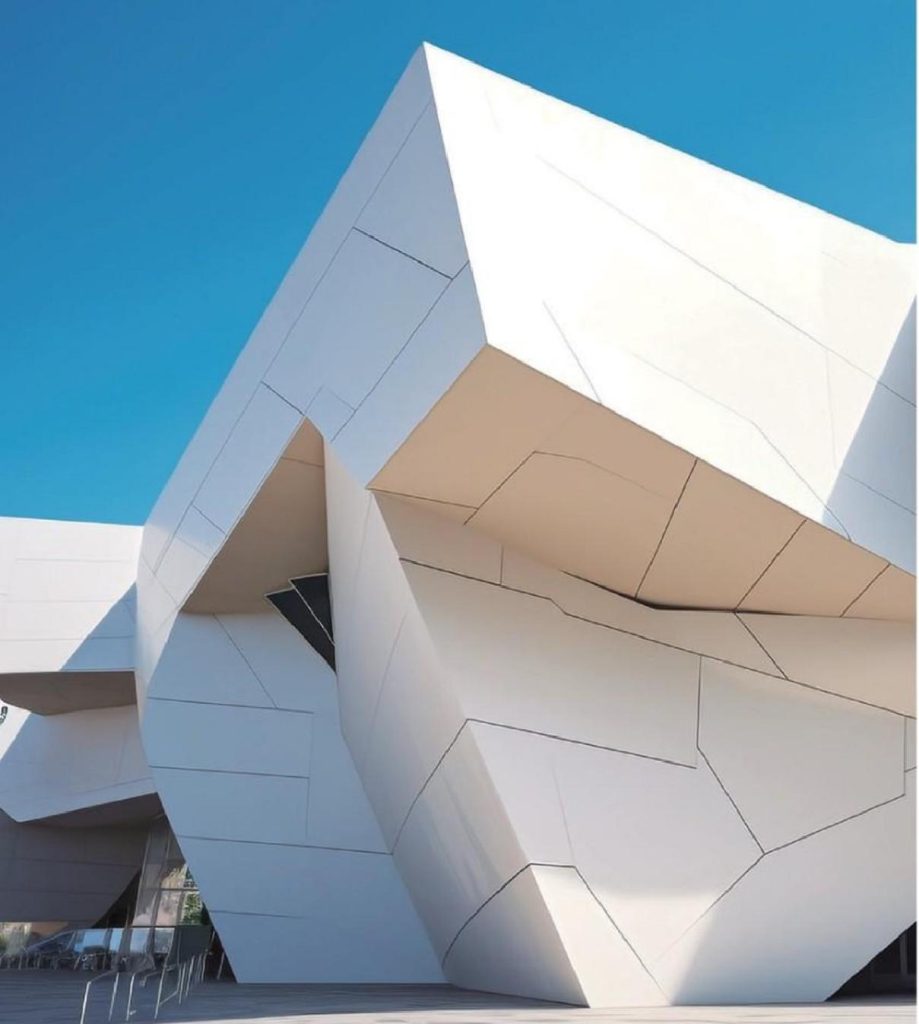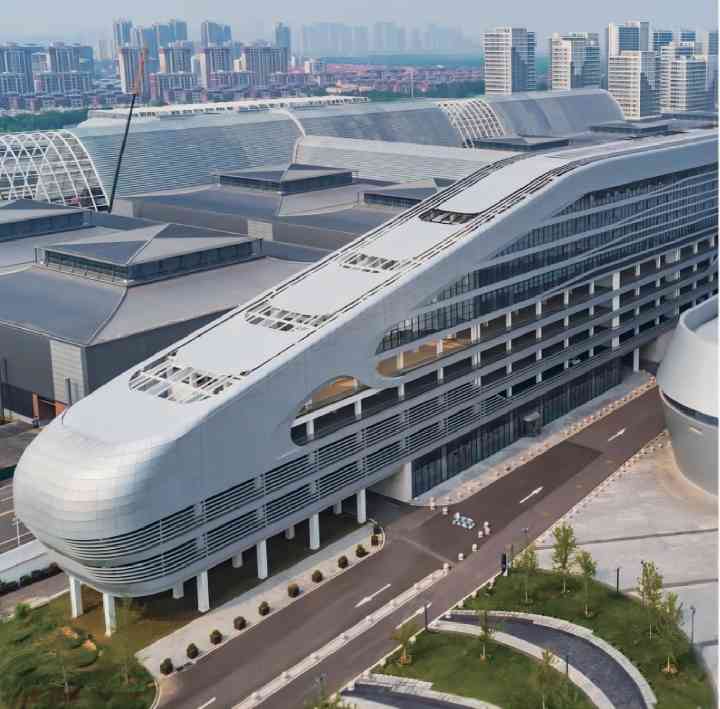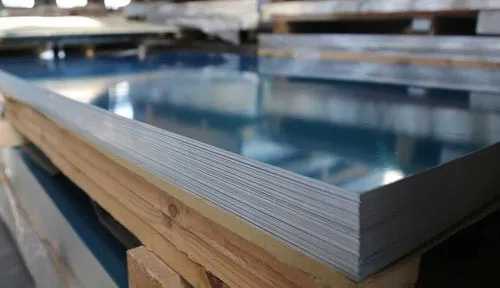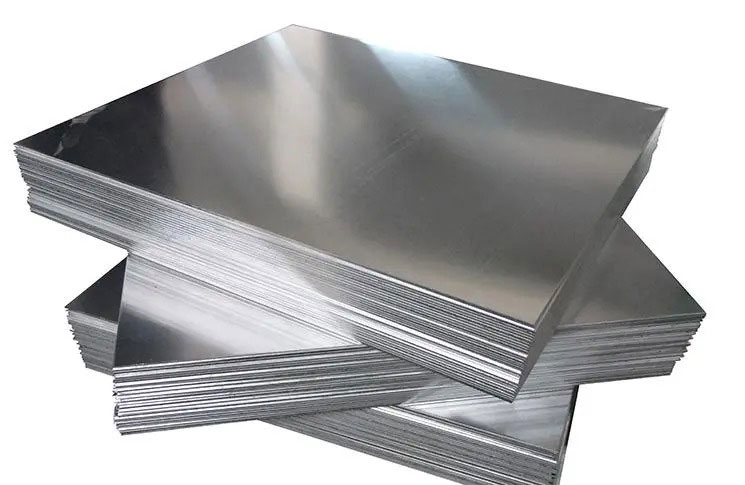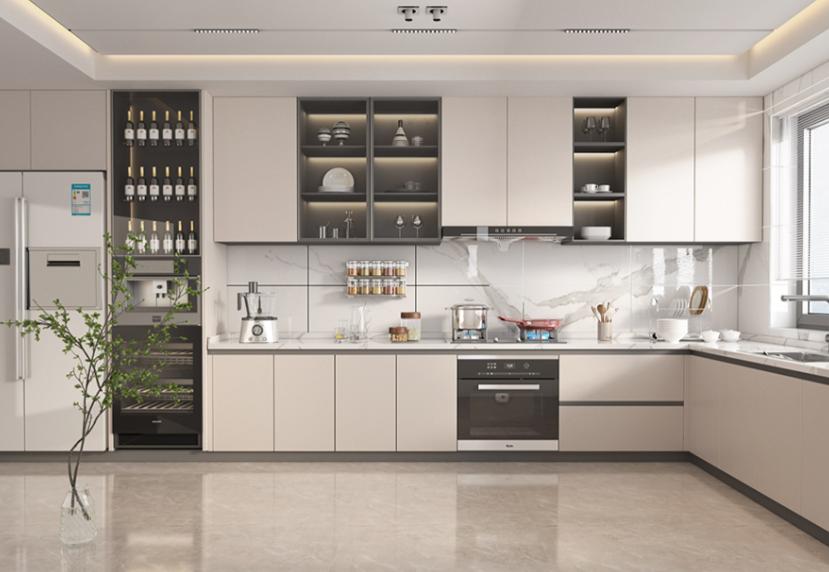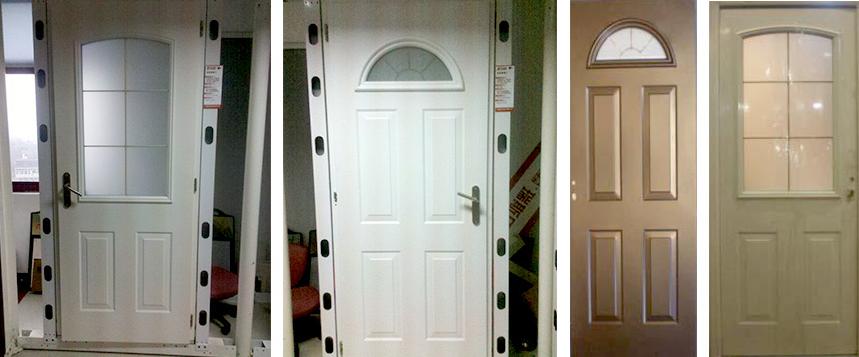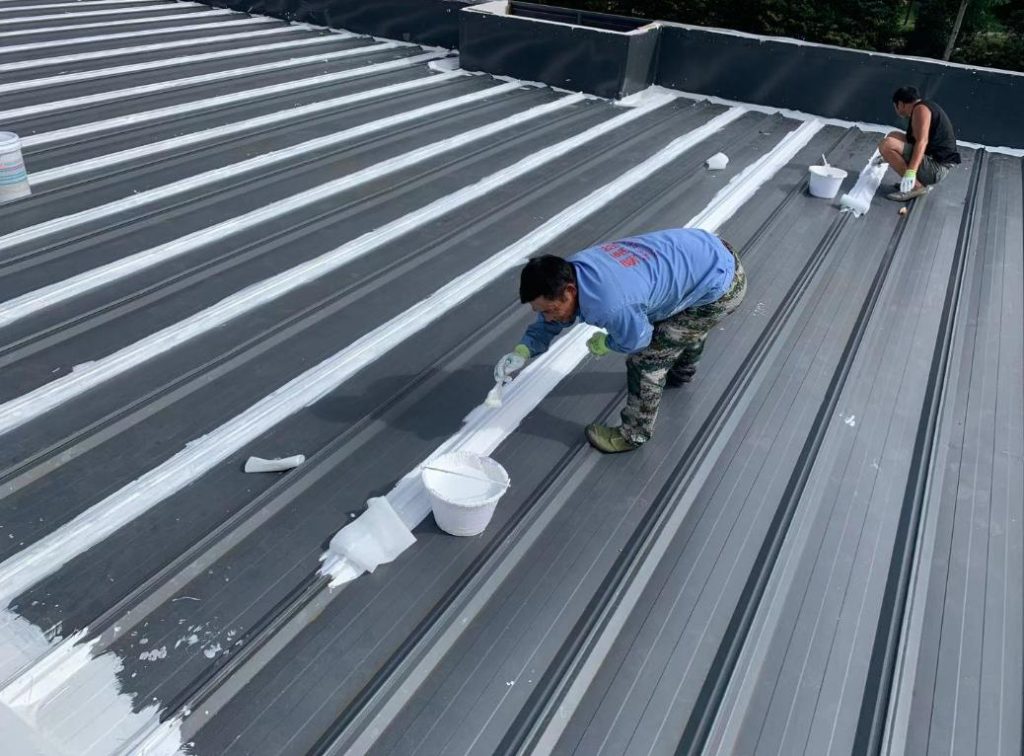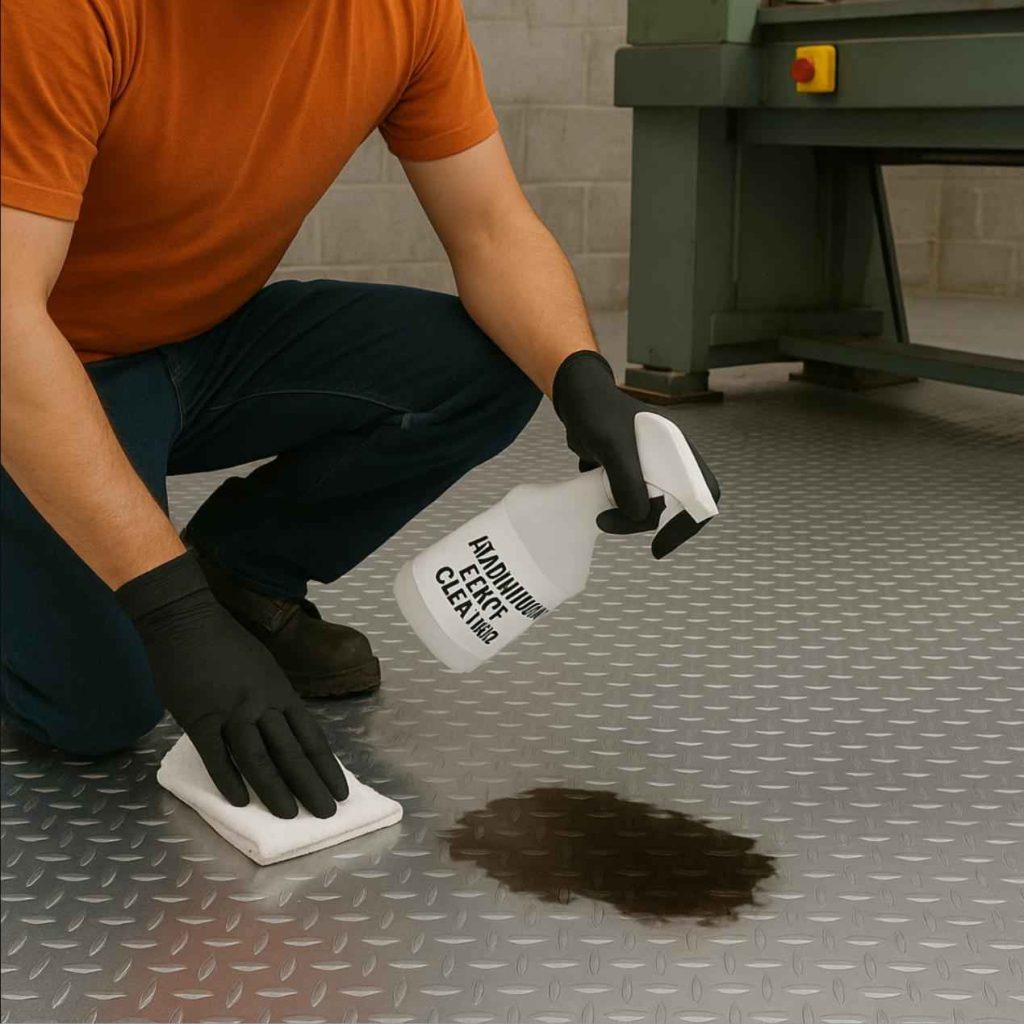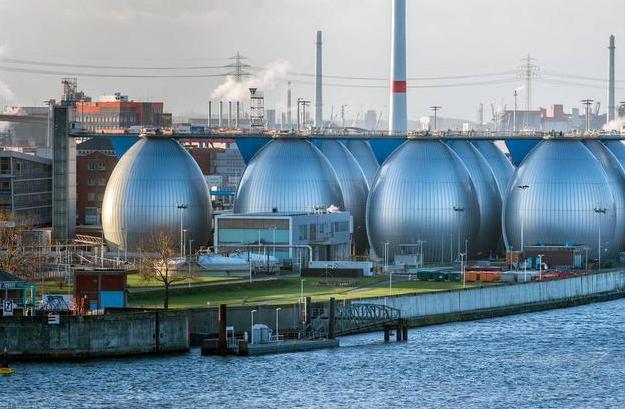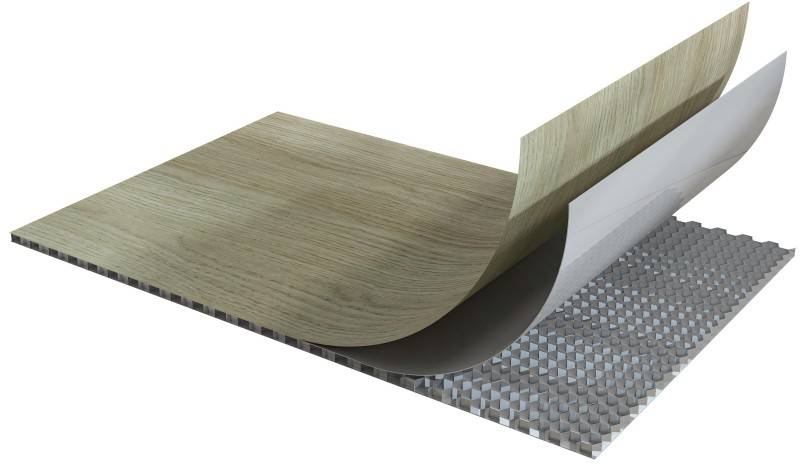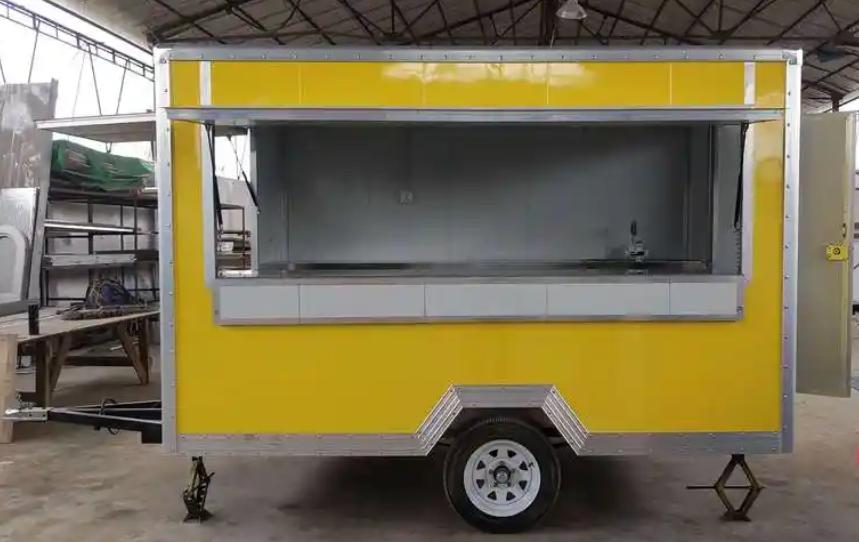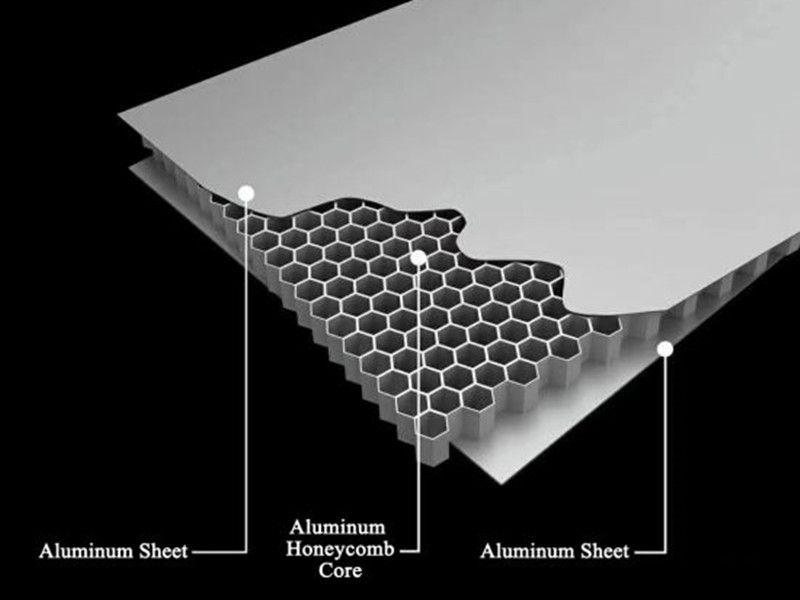Aluminum composite roof panels (ACP panel roof) have gained immense popularity in the construction industry due to their lightweight, high strength, and versatility. These panels combine aluminum with other materials, offering a range of benefits that make them ideal for roofing applications in both residential and commercial buildings. In this article, we will delve into the key features of aluminum composite roof panels, their lifespan, and the factors that influence them.
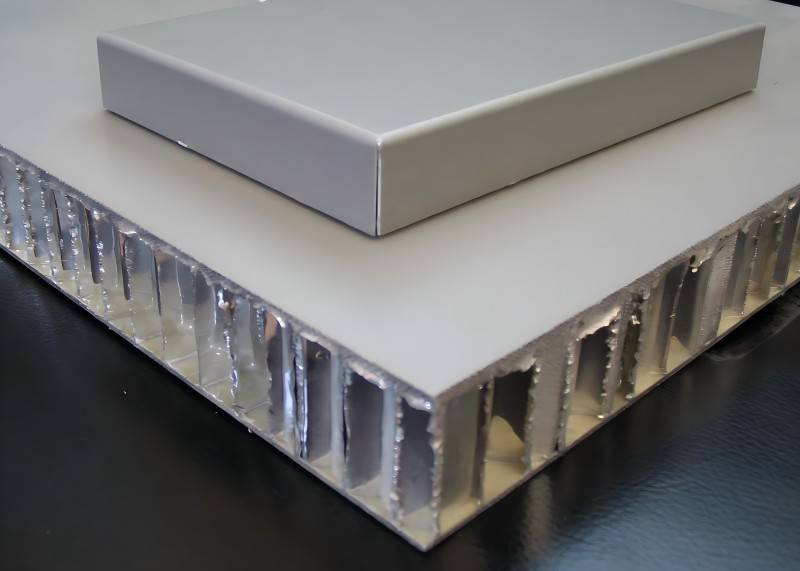
Features of Aluminium Composite Roof Panels
1. Lightweight and High Strength
The ACP panel roof is renowned for being both lightweight and structurally strong. The core structure of aluminum composite panels involves two thin layers of aluminum sandwiching a non-aluminum core, often made of polyethylene or a fire-resistant mineral. This unique composition gives the panels a low density, which significantly reduces the roof’s weight load on the building’s structure.
Despite its light weight, an aluminum composite roof panel provides high mechanical strength, allowing it to resist external forces such as wind, snow, and other environmental factors. This makes it a particularly desirable material for areas prone to extreme weather conditions. The lightweight nature of ACP panels also facilitates easier transportation, handling, and installation, which speeds up construction timelines and reduces labor costs.
2. Superior Corrosion Resistance
One of the most appealing characteristics of aluminum as a roofing material is its corrosion resistance. Aluminum has a natural ability to resist the oxidizing effects of environmental factors such as acid rain, salt spray, and atmospheric chemicals. This feature makes ACP panels particularly suitable for use in harsh environments such as coastal areas or industrial regions, where corrosion due to environmental pollutants is a constant concern.
The anti-corrosive properties of aluminium composite panels for roofs mean that they maintain their integrity and appearance over time, even when exposed to severe conditions. This not only reduces the frequency of repairs but also prolongs the overall lifespan of the roof, making it a cost-effective choice in the long run.
3. Excellent Thermal Insulation
Energy efficiency is a significant concern in modern construction, and aluminum composite roof panels address this issue with their excellent thermal insulation properties. The panel’s core material, often air-filled or composed of insulating material, acts as a barrier that prevents heat transfer between the external environment and the interior of the building.
During summer, an ACP panel roof can effectively block external heat from entering the building, thereby reducing the need for air conditioning. In winter, it acts as a heat shield, retaining warmth within the building and preventing heat from escaping into the cold exterior. This dual functionality reduces the overall energy consumption required to maintain a comfortable indoor temperature, making ACP panel roofs an environmentally friendly and energy-efficient solution.
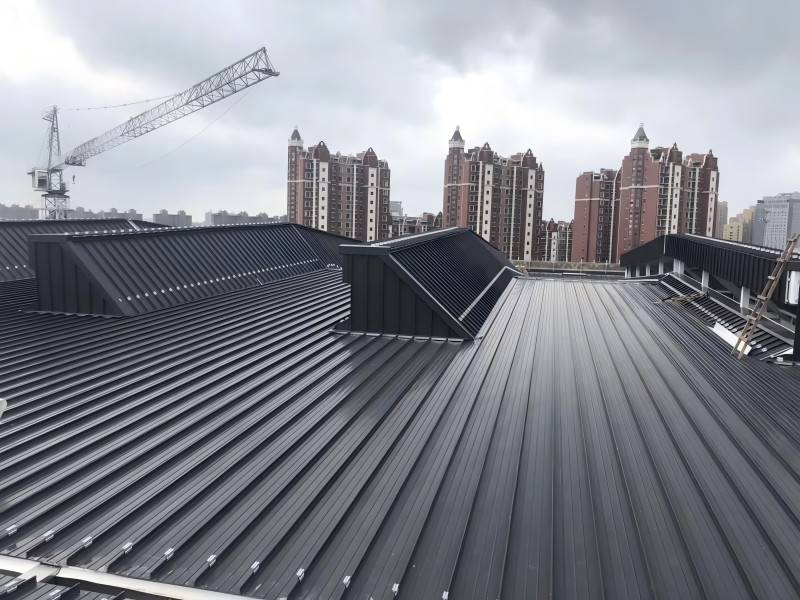
4. Easy to Process and Install
One of the key advantages of aluminium composite panels for roofs is their ease of processing and installation. These panels can be pre-fabricated to specific shapes and sizes, which minimizes the need for extensive on-site customization. They can be easily cut, drilled, or bent to fit the unique architectural requirements of a project, allowing for flexible design applications.
On-site installation is also relatively straightforward. The lightweight nature of ACP panels means they can be handled by fewer workers, and the simple joining techniques reduce construction time. This efficiency in installation helps speed up the overall construction process, resulting in lower labor costs and faster project completion times. For builders and developers, this combination of easy fabrication and installation is a significant benefit.
5. Environmentally Friendly and Sustainable
Sustainability has become a primary focus in the construction industry, and aluminum composite roof panels offer an environmentally friendly solution. Aluminum is a highly recyclable material, and ACP panels retain their quality and properties even after recycling. Once the product reaches the end of its life cycle, it can be melted down and reused without losing its structural integrity.
This recyclability plays a crucial role in reducing waste and promoting a circular economy. Using ACP panel roofs not only minimizes environmental pollution but also reduces the demand for raw materials, contributing to sustainability in construction practices. For environmentally conscious projects, the use of recyclable aluminum panels offers a green alternative without sacrificing performance.
6. Low Maintenance Costs
The inherent properties of aluminum composite roof panels make them durable and low maintenance. Due to their corrosion resistance, lightweight nature, and structural stability, ACP panels require minimal upkeep over the years. Regular cleaning to remove dust and debris is typically all that is needed to maintain their appearance and functionality.
Compared to traditional roofing materials, which may require frequent repairs or replacements due to rust, wear, or other damage, ACP panel roofs represent a more cost-effective option. Their resistance to environmental degradation helps cut down on long-term maintenance costs, making them an attractive choice for building owners looking to minimize operational expenses.
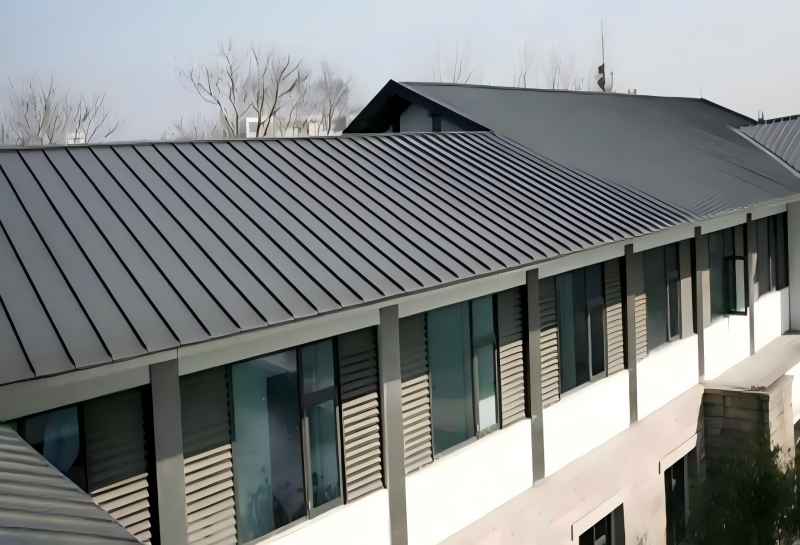
7. Design Flexibility
In addition to their physical properties, aluminium composite panels offer unparalleled design flexibility. These panels are available in various colors, finishes, and textures, allowing architects and designers to incorporate them into a wide range of aesthetic styles. Whether a building demands a sleek, modern appearance or a more traditional look, ACP panels can be customized to meet diverse design needs.
Advanced surface treatments like spraying, film coating, or engraving provide further opportunities for personalization. This makes ACP panels an ideal choice for projects where visual impact and architectural uniqueness are key. Their ability to blend form and function seamlessly allows them to be used in iconic structures worldwide, from high-rise office buildings to residential homes.
8. Fire Resistance
Safety is paramount in any construction project, and the fire-resistant properties of aluminum composite roof panels add an extra layer of protection. By incorporating fire retardants in the core material or combining them with other fire-resistant elements, ACP panel roofs can enhance the fire safety standards of a building.
In the event of a fire, the aluminium composite panel roof can provide critical resistance, helping to slow the spread of flames and allowing for more time for occupants to evacuate. This additional safety feature makes ACP panels a popular choice for commercial buildings where fire safety regulations are stringent.
Lifespan of Aluminium Composite Roof Panels
The typical service life of an ACP panel roof is estimated to be between 30 to 50 years, depending on various factors. This long lifespan is due to aluminum’s inherent durability and its ability to withstand environmental stressors over extended periods without significant wear.
The durability of aluminium composite panels for roofs is one of the primary reasons they are used in large-scale projects that require longevity and reliability. However, while the average lifespan is high, several factors can influence the longevity of an ACP roof.
Factors Affecting Lifespan
- Installation Quality: Proper installation is crucial for ensuring the durability of an aluminum composite roof panel. If the panels are not installed correctly, issues such as loose fittings, improper sealing, or poor alignment can arise, potentially shortening the roof’s lifespan.
- Environmental Conditions: Harsh weather conditions, including constant exposure to ultraviolet rays, heavy rain, and strong winds, can affect the longevity of ACP panels. Though they are highly resistant to corrosion and degradation, extreme environments may accelerate wear and tear.
- Maintenance Frequency: Regular maintenance is essential to extend the life of any roofing system. Simple tasks like cleaning debris, inspecting for damage, and addressing minor repairs can help prevent more significant issues down the line. Ignoring maintenance needs can result in premature aging and reduced functionality.
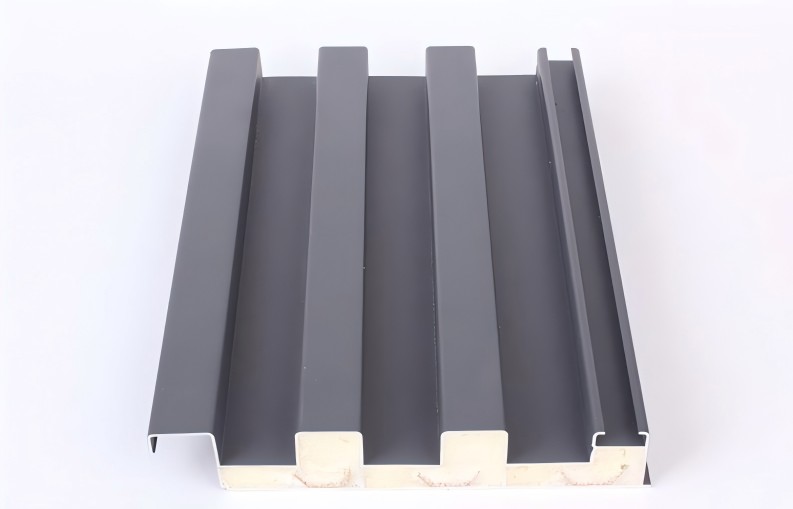
In conclusion, the aluminium composite panel for roof represents a versatile, durable, and cost-effective solution for modern construction. Therefore, before choosing this type of product to build a roof system, it is necessary to fully evaluate the pros and cons of all aspects and take reasonable measures to avoid potential risk points, so as to truly play out the value of aluminum composite panels!

